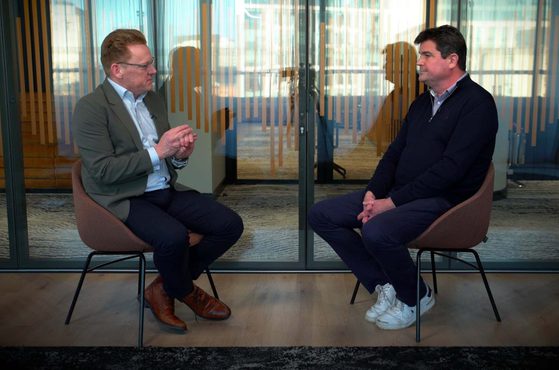
Business Sales & Exits
Our specialist business and asset sale lawyers can help you to navigate the best route to exit.
We make the difference. Talk to us: 0333 004 4488 | hello@brabners.com
AuthorsNicola LomasNikki Whittle
5 min read

Selling a business can be a daunting prospect. Yet while there are a variety of ways in which a deal can be structured, they all fall into a few broad categories. When you’re at an early stage, it’s these categories that should be focused on. Then, once you get further into a sale process, your advisors can explain the nuances in detail.
Here, Nicola Lomas and Nikki Whittle give an overview of these categories and how deals can be structured to help you plot out the best route on your journey to exit.
In an asset sale, the limited company sells its business and assets to the buyer. These deals are often favoured by buyers as they can avoid taking on unknown liabilities. However, they do involve the risk of losing contracts and/or regulatory consents that are important to the operation of the business.
For sellers, asset sales can effectively leave them with the ‘shell’ of a company. There may therefore be complications around winding-up the selling company to extract the sale proceeds and dealing with any liabilities that have been ‘left behind’.
Share sales are generally favoured by sellers as they’re more straightforward and allow the sellers a ‘clean break’ from the company. In purchasing the shares, the buyers are on taking on everything — a so-called ‘warts and all’ approach.
Share sales are also beneficial to the sellers from a tax perspective, in that the tax situation is more straightforward. As a result, the majority of transactions with a deal value in excess of £1m are share sales.
Trade sales are to buyers who’ll acquire a business with a view to retaining it for the foreseeable future (incorporating it into their existing business or as a new division).
Private equity sales are to buyers who acquire businesses with the intention of selling them — typically in three to five years’ time — after growing their value.
Sellers typically don’t keep any shares in a trade sale, even if they remain with the company for some time afterwards. In contrast, during a private equity sale, some or all sellers usually choose to 'roll over' a portion of their shares — something that allows them to remain as shareholders in the future.
While this results in sellers receiving less cash upon the completion of the sale, it offers the potential for a larger total payout later — especially if they sell alongside private equity after the business has increased in value.
It’s becoming increasingly rare for the entire purchase price to be paid on the completion of a business sale. Instead, part of the purchase price is usually deferred to a later date.
While this may simply allow the buyer time to gather the necessary funds and provide a reserve for any claims against the sellers, it may also take the form of an earn-out which ties a portion of the purchase price to the business’s performance after the sale — enabling the seller to benefit from anticipated future performance while allowing the buyer to assess whether those performance goals can be met before making the payment.
In the below table, we’ve outlined the advantages and disadvantages of all these options.
Payment method | Pros | Cons |
| Cash on completion |
|
|
Retention
|
|
|
| Deferred consideration — ideally backed by some sort of security |
|
|
| Earn-out |
|
|
| Partial exit/consideration shares (includes private equity) |
|
|
With one of the largest and most active specialist corporate law teams in the country and as the only UK law firm with dedicated deal advisors, we offer a one-stop shop for both legal and financial advice.
Start your journey to exit today — talk to us by giving us a call on 0333 004 4488, sending us an email at hello@brabners.com or completing our contact form below.

Nicola Lomas
Nicola is a Partner in our corporate team. An experienced corporate lawyer and member of our healthcare sector group, she leads our dental offering.
Read more
Loading form...

We break down what the Budget means for international employers, investors and multinational groups.
Read more

We explore why Paramount's bid for Warner Bros is likely to trigger intense scrutiny by UK and EU regulators.
Read more

We set out the practical lessons, human factors and challenges that shape successful transactions, covering strategy, due diligence and post‑completion.
Read more